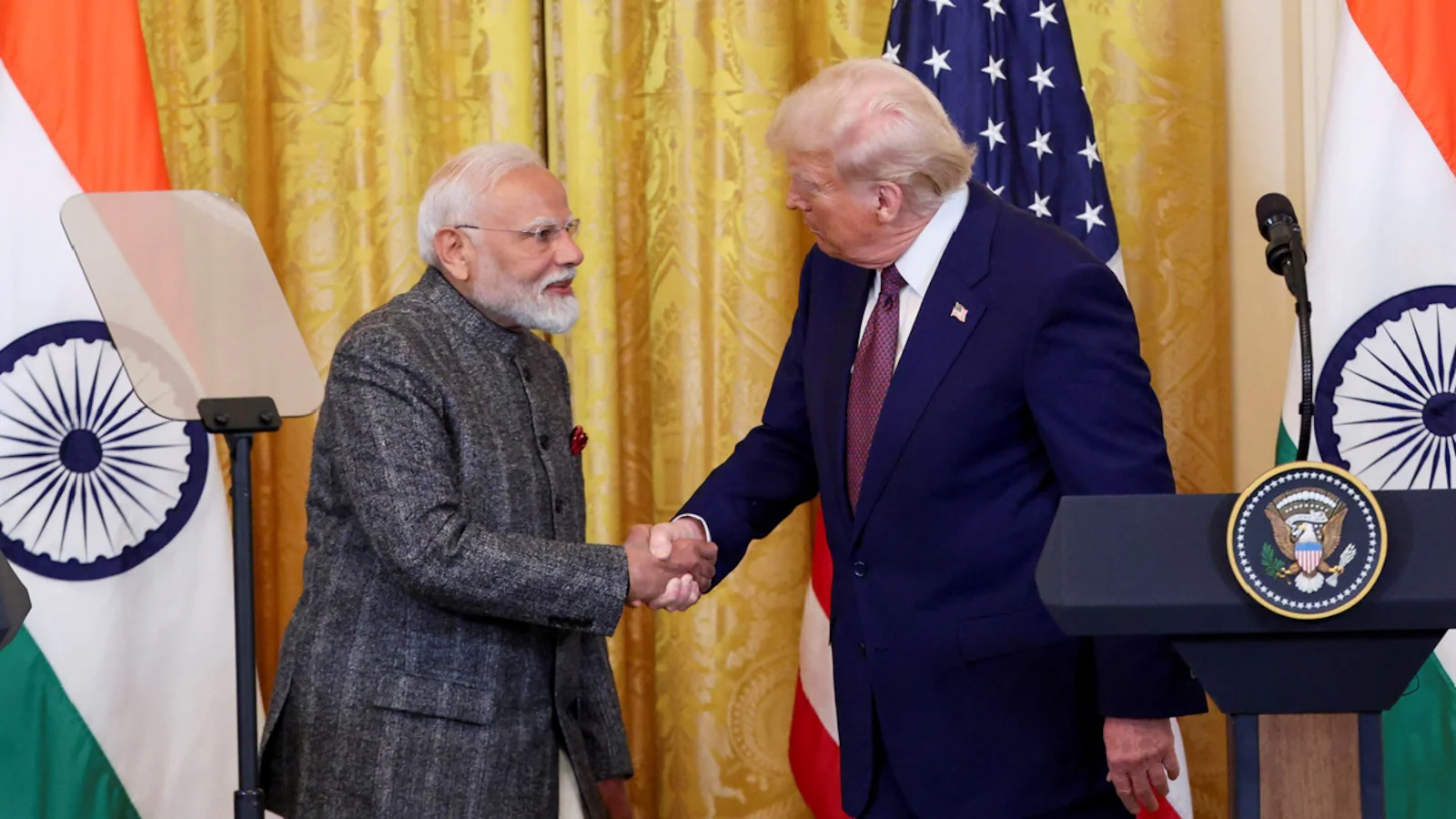
India-US Trade deal faces hurdle as differences over apple and GM crops emerge
NEW DELHI : Apple, corn and soybean are emerging as sticking points of competing interests in the trade talks between India and US, possibly prolonging negotiations and delaying a scaled-down version of the proposed Bilateral Trade Agreement (BTA) by July 8, before President Trump‘s reciprocal tariffs kick in.
“US is pushing so hard for market access for agricultural products. But India has to protect the interests of a much larger population, it is more of a livelihood issue than a commercial issue for us,” one senior government official told Moneycontrol.
When it comes to apples, while America is seeking sweeping tariff cuts, India is keen on granting only limited concession, specifically on a quota basis to protect domestic growers, the official said.
“If there is a trade deal, and there is advantage given to US apples, then some of the imports from other trading partners will reduce. But concession on apples will be not entirely, it can be on a quota basis, allowing a certain quantity of apples from US on reduced tariffs and you can lower the same amounts of those imports from Turkey or New Zealand,” the official added.
However, even offering a quota for US apples may not be easy, the official said, as there are concerns that it may impact apple growers in Himachal Pradesh and Jammu & Kashmir.
“This is why talks are dragging on, and there is so much back and forth. We are being careful about lowering products on each and every product. So, while the idea is to have a tariff rate quota for apples, but even that will not be simple to do,” the official said.
US exports of fresh apples to India faced a 50 percent tariff – one of the highest among listed products – leading to relatively modest imports of $37.9 million in 2024, a share of 9 percent in New Delhi’s total inbound shipment of the fruit.
India is also reluctant to America’s demand to open up its market to genetically-modified crops given concerns over the impact on domestic producers.
“For US products like corn or soybean, the dimension of genetically modified organism (GMO) comes in, that itself is a complex issue, GMO versus non-GMO. One of the reasons why countries like Brazil and US have such high yields and productivity is because of genetically modified varieties, which India is not using, so the yield is less and therefore their entry could lead to stiff competition for Indian farmers,” the official said.
While, Indian negotiators are wary of GM variants of American corn and soybean entering the Indian market, government think-tank Niti Aayog offers a contrarian view.
In a paper released last month, Niti Aayog had said India could import GM products like soybean seeds under strict controls.
“India is the largest importer of edible oil in the world and US has huge export surplus of soybean which is GM. India can offer some concession to US in import of soybean oil to meet US demands to reduce trade imbalance, without harming domestic production,” the paper said.
The think tank also batted for allowing US corn and corn by-products like Distiller’s
Dried Grains with Solubles, for ethanol blending and export processing, while keeping genetically-modified material out of domestic food chains.
However, India, has for long been stricter about opening up to GM crops given the risks to the environment and livelihood of farmers.
Plan to allow certain GM crops from the US assumes India can tightly control the movement of GM material through strict Sanitary and Phytosanitary (SPS) protocols. In reality, enforcement is weak, supply chains are fragmented, and markets are hard to monitor, Global Trade Research Initiative (GTRI) said in a note on June 10.
“Once GM products enter the country, there is a high risk they will leak into domestic agriculture, raising serious concerns over food safety, environmental impact, and export bans from countries that don’t accept GM contamination,” GTRI’s Founder Ajay Srivastava said.
“While it is easier for India to grant tariff concessions on US imports of almonds, pistachios, and walnuts, it won’t be easy to offer the same for some other farm products given that the livelihood of 45 percent of Indians depend on agriculture, while in US that dependence is only 4 percent,” the official, cited above, said.
The Trump administration has repeatedly criticized India for its high-tariff regime and has been seeking greater market access for US farm goods. The simple average tariff for agricultural goods in India is 39 percent, starkly higher than the US rate of 5 percent.
India and US held another round of talks for the trade deal between June 5-10 in New Delhi.

